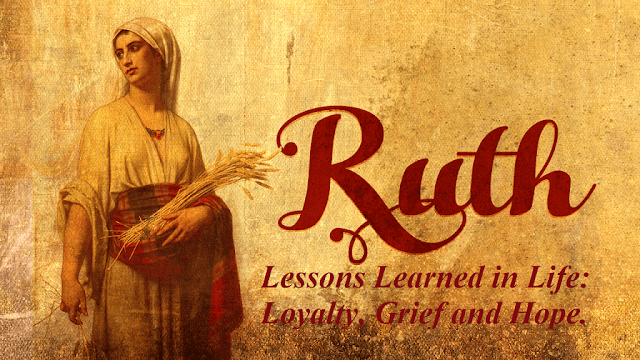.
GIVING THANKS FOR THE GIFT OF CREATION
O God, we thank you for this earth, our home,
For the wide sky and the blessed sun,
For the salt sea and the running water,
For the everlasting hills and the never resting winds.
For the trees and the common grassunderfoot.
For the everlasting hills and the never resting winds.
For the trees and the common grassunderfoot.
By which we hear the songs of birds,
And see the splendour of summer fields,
And the taste of Autumn fruits,
And rejoice in the feel of snow,
And smell the breath of spring.
Grant us a heart wide open to this beauty,
And save our souls from being so blind
That we pass unseeing when even the common thornbush
Is aflame with your glory, O God our Creator,
Who lives and reigns for ever and ever. Amen.
.
~ Walter Raushenbusch
In the Gospels of Matthew, Mark and Luke, they each tell the Parable of the Sower. Many of the parables that Jesus taught used images from nature to underscore his message: Mustard seed,
Weeds, Fig Tree, Sowing seed and Growing seed. The power of the parable was how the
listener, as the parable unfolded, would become the main actor in the story.
Another interesting aspect of Jesus' ministry was that a great deal of it took place outdoors. He began his ministry by attending the synagogue Sabbath services, and even on occasion read the Lesson, but when he began to unpack what he just read, in his hometown synagogue, the people were so furious that they ran him out of town. So following this incident, we find Jesus teaching the people, sometimes he was on a mountain side, or on the plain, or from a boat, out in the lake, using the boat as a pulpit and the people standing along the shore listening to his words. Listen to his words:
THE PARABLE OF THE SOWER
.
Again Jesus began to teach by the lake. The crowd that gathered around him was so large that he got into a boat and sat in it out on the lake, while all the people were along the shore at the water’s edge. He taught them many things by parables, and in his teaching said: Listen! A farmer went out to sow his seed. As he was scattering the seed, some fell along the path, and the birds came and ate it up. Some fell on rocky places, where it did not have much soil. It sprang up quickly, because the soil was shallow. But when the sun came up, the plants were scorched, and they withered because they had no root. Other seed fell among thorns, which grew up and choked the plants, so that they did not bear grain. Still other seed fell on good soil. It came up, grew and produced a crop, some multiplying thirty, some sixty, some a hundred times." Then Jesus said, "Whover has ears to hear; let them hear."(Mark's Gospel, Chapter 4:3-8)
There are four kinds of hearts to be found in this parable. The first is the "hardened heart" where nothing gets in. The seed is sown, but then Satan, comes and takes it away before it has an opportunity to take root. They do not have ears that hear ... not even a little bit!
The next kind of heart are those who "joyfully" receive the seed sown in their hearts, but they have
no root, no depth of understanding, and they only last a short time, when something happens, sickness, a death, persecution, they quickly fall away. Their hearts are shallow.
The third kind of heart is like seed sown among thorns, the worries and distractions
and the deceitfulness of wealth and desires for other things "choke" the seed
(God's word) making it unfruitful. This is the distracted heart.
The fourth kind of heart is the heart that has ears to hear the word (receive the seed) accept it deep into the soil of their heart and they produce a crop, thirty, sixty, even a hundred times what was sown. This is the faithful open heart that listens and gladly receives the precious word of God.
There are four kinds of hearts to be found in this parable. The first is the "hardened heart" where nothing gets in. The seed is sown, but then Satan, comes and takes it away before it has an opportunity to take root. They do not have ears that hear ... not even a little bit!
The next kind of heart are those who "joyfully" receive the seed sown in their hearts, but they have
no root, no depth of understanding, and they only last a short time, when something happens, sickness, a death, persecution, they quickly fall away. Their hearts are shallow.
The third kind of heart is like seed sown among thorns, the worries and distractions
and the deceitfulness of wealth and desires for other things "choke" the seed
(God's word) making it unfruitful. This is the distracted heart.
The fourth kind of heart is the heart that has ears to hear the word (receive the seed) accept it deep into the soil of their heart and they produce a crop, thirty, sixty, even a hundred times what was sown. This is the faithful open heart that listens and gladly receives the precious word of God.












Comments